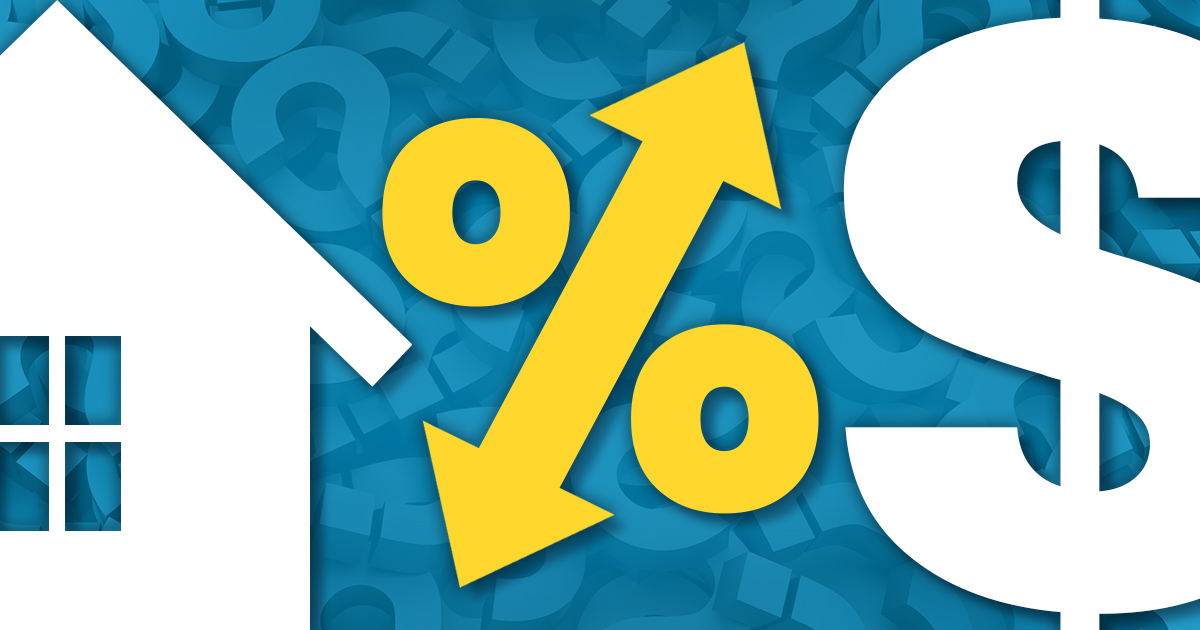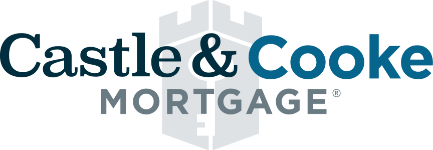
Getting a better rate on your home loan can be a little tricky, but it has the potential to save you tens of thousands of dollars over the life of your loan.
It helps to understand how mortgage rates are set on a broad economic level. Then, you can understand how and why different lenders offer different rates. From there, you can understand how your personal finances play into the rates you’re quoted.
Economic forces on home loan rates
Mortgage rates can change several times a day, and there are a ton of moving parts. Some of the change has to do with the strength of the overall economy: if the job market is strong and things are stable, mortgages are less risky than when unemployment is higher.
Mortgage-backed securities (MBS)
One piece of the broader economy that has a lot of impact on mortgages is mortgage-backed securities, which are sold to investors. MBS are secured by bundles of mortgages with similar financial characteristics and sold by brokers or dealers, all using some seriously sophisticated strategies.
MBS are seen as safer investments than stocks, partly because they offer a guaranteed return on investment known as a dividend. However, these guaranteed returns can lessen in value if there's inflation, and the proceeds don't grow as quickly as some stock investments. Because of these characteristics, MBS tend to do well when the stock market isn’t doing very well, and vice versa.
Federal funds rate
Next up, what is the federal funds rate? It's a figure set by the Federal Open Market Committee (FOMC), whose mission is to manage both the supply of money and the cost of credit in the U.S. The federal funds rate is technically the rate charged by banks when they make short-term loans to one another, but it’s widely used as a benchmark for interest rates economy-wide.
That said, mortgage rates don’t track the fed funds rate exactly. When one goes up or down, the other often follows suit. Sometimes, though, they go in different directions. It’s a complicated dance, but most homeowners don't need to stress about it too much.
Instead, focus on the parts of your interest rate that you can control: your lender and your own financial picture.
Different lenders, different rates
Castle & Cooke Mortgage is driven by our mission to help families grow wealth by expanding access to the benefits of homeownership. We offer loan products that support a wide range of borrowers, and our business model allows us to offer competitive rates and terms while ensuring the best home loan experiences in the business.
Your personal finances and history with money
So if rates are set by MBS, investors, and lenders, is there anything you can do on your own to ensure you get the best possible rate? The answer is a resounding yes, but it may take some time.
It all comes back to that idea of risk. The more likely you are to repay your loan on time, the less risky you are.
The top ways lenders determine your risk as a borrower are:
Your FICO score
The FICO is a special kind of credit score that lenders use to figure out how likely you are to repay your loan on time. The higher your score, the more likely you are to get the best interest rates and terms. It is possible to improve your score by making better money decisions and sticking to a budget, but it may take months or even years.
Your existing debts
To figure out if you’ll be able to repay your loan, lenders need to know about your current debt obligations such as student loans, car loans, credit card debt, and more. Not counting housing costs, lenders usually prefer a debt-to-income ratio (DTI) of 43% or less.
Your down payment
The more money you have to put down on a home, the better rates and terms you’re likely to qualify for. That’s because the more you have to put down, the greater percentage of your home you’ll own outright (and the less the lender will lose if you default).
There are some exceptions around mortgage insurance, but your loan officer can explain the details and help you find a loan product that's a great fit for your unique situation.
The home you choose
Lenders probably won’t care too much about the style of home you prefer, but they do care about factors that affect price and risk. Single-family homes that are primary residences get the best rates, but your rate will probably be a bit higher for a condo, duplex, or something highly unusual like a geodesic dome. You can also expect higher rates on investment properties and vacation homes.
Talk with a loan officer
If this is all feeling a bit extra, you’re not alone. Loan officers at Castle & Cooke Mortgage are trained to some seriously tough standards, and their job is to answer all your questions and help you find a loan program that will work for your unique financial situation.
When you’re ready to take the first steps, getting pre-qualified before you start house shopping can give you a serious edge.
In the meantime, it’s smart to learn about the mortgage process, learn how to find a great real estate agent, and find out more about what lender’s look for when approving a loan.


